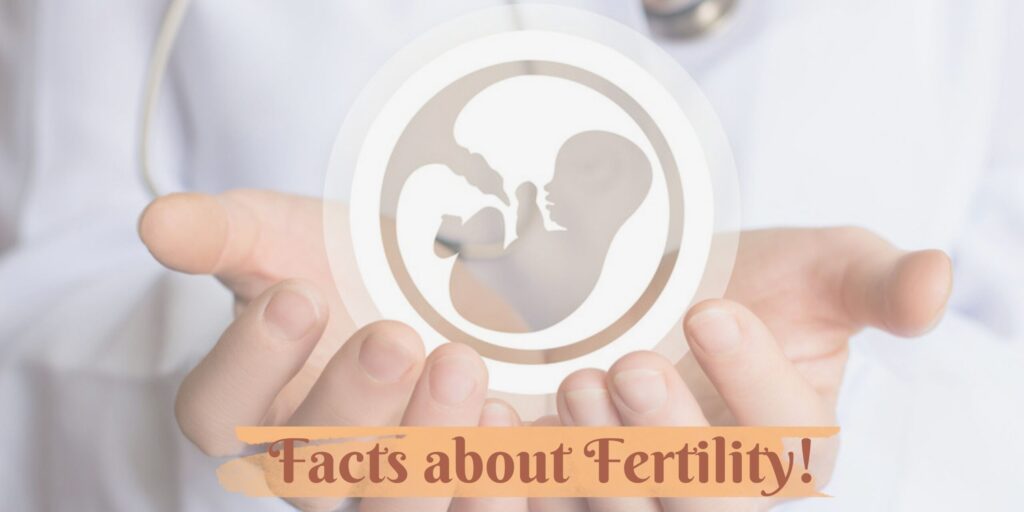Factors impacting fertility
The factors impacting fertility are clearly addressed in this article. Fertility has a direct effect on public health and, more typically, on the well-being of people in many ways. Several things can affect a person’s fertility, some more than others. Even though we can’t change everything, most of the things in our lives that can have a negative effect on our fertility can be altered in some way.
Working the night shift often may make it harder to get pregnant because it affects how hormones are produced. If you work at night, try to get enough sleep when you are not on the job.
Even though stress won’t stop you from getting pregnant, you might want to reduce it and use good ways to deal with it, like relaxation techniques while trying to conceive. Too much exercise can stop ovulation and reduce the production of the hormone progesterone. If you are a healthy weight and want to get pregnant soon, don’t do more than five hours of strenuous physical activity per week.
Female fertility
Female age is one of the factors impacting fertility. Women are born with all of their eggs, and the number of eggs they have each day after birth goes down by one. When women are young, the loss is very slow—only a few eggs are “lost” each day—but when they are in their mid-to-late-30s, the loss is much faster—many more eggs are “lost” each day.
As women age, the total count of eggs they can have and their quality go down. Older women are less prone to get pregnant, and if they do, they are more likely to lose the baby. This is because their eggs’ number and quality go down as they get older.
The majority of women have a 28-day menstrual period, which indicates there are 28 days between the start of one period and the start of the next. Ovulation is a process when an egg is released from the ovary on day 14 of a 28-day cycle. Whether or not a sperm fertilises an egg depends on the day(s) in the cycle when intercourse occurs. The chances of getting pregnant are low at the beginning of the process and begin to climb around day eight or thereabouts. Women who have intercourse two days before ovulation, on day 12 of a 28-day cycle, are more likely to get pregnant.
After ovulation, the likelihood of being pregnant declines dramatically: sperm must be present in the female genital canal before ovulation to increase the chances of becoming pregnant. This is because, after ovulation, progesterone levels increase, causing the cervical mucus to thicken and clump together, preventing sperm from swimming through it to fertilise the egg.
Fertility issues
Men who are obese might have poor sperm, making them less fertile. Becoming underweight might also affect a woman’s ability to have children since she may not release an egg every month. Having trouble during pregnancy is also linked to being underweight. Most likely, gaining weight will make an under-weight woman more fertile.
The duration of subfertility is included in the factors impacting fertility. The longer a couple has been attempting to get pregnant, the less likely they will get pregnant. Couples trying to get pregnant for less than three years are nearly twice as successful as those attempting for more than three years.
Fertility in men can also go down with age, but not as much as in women. Couples who have intercourse at least twice a week are more inclined to get pregnant; because this frequency ensures a sufficient number of new sperm in the female reproductive tract at the time of ovulation. Couples who only make love once a week have a decreased chance of becoming pregnant because there is less fresh sperm in the female vaginal canal during ovulation.
Tips for fertility
The couple’s fertility potential can be affected by things like
- their age at the time of conception
- their body weight
- whether they smoke
- how much alcohol and caffeine do they drink
- what they eat
- how much they exercise
- if they use illegal drugs
- whether they have sexually transmitted infections.
Previous pregnancy is encompassed in the factors impacting fertility. The longer a couple has been attempting to get pregnant, the less likely they will get pregnant. Couples trying to get pregnant for less than three years are nearly twice as successful as those attempting for more than three years.
Trying to adopt a healthier lifestyle could make you more fertile, which can help women get pregnant naturally, have a safer pregnancy, and give birth to a healthy baby. Couples who want to start a family or are already pregnant must be aware of these things. These things can affect their fertility to make the most of their natural fertility possibility and outcome.



